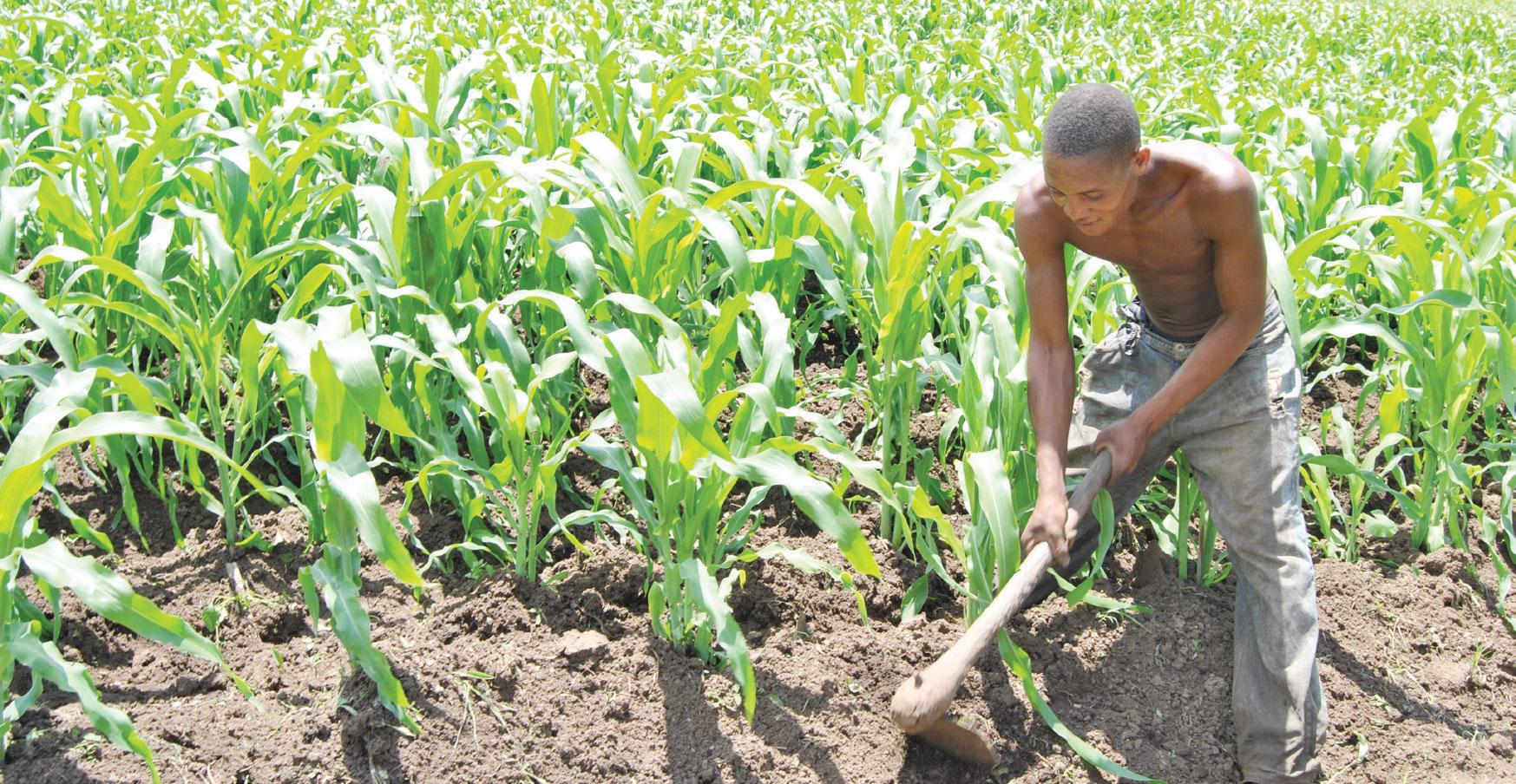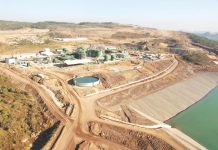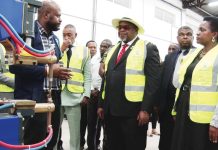Africa-Press – Malawi. The World Bank has reiterated the need for Malawi to maintain fiscal discipline and minimise extra-budgetary expenditures even in light of challenging global circumstances if the local economy is to hold.
The Bretton Woods institution holds that the cause will also require to be sustained over several years in order to move the country towards the path of fiscal sustainability.
This is coming at a time the local economy is sailing through troubled waters witnessed by a volatile exchange rate, a weak import cover and rising inflation perpetuated by global economic trends coupled with the impact of weather-related shocks.
In a response to an emailed questionnaire, World Bank Country Manager Hugh Riddell said external factors, including the impacts of Tropical Storm Ana, continued global supply chain bottlenecks and the ongoing conflict in Ukraine may result in lower growth and higher inflation than assumed.
He said these issues will need to be taken into account as the budget is finalised and implemented, to make sure that fiscal discipline can be maintained.
“There are only limited details on how the ambitious savings on the expenditure side will materialise, and it is unclear whether the planned revenue-raising measures will, in fact, have the anticipated impact.
“Preliminary outturns indicate that in the past fiscal year, the government underperformed on revenue and overspent primarily on the lines where it expects most of the fiscal consolidation to materialise,” Riddell said.
“Finding ways to improve the efficiency of expenditure that also contribute to food security is important. The planned reduction in the Affordable Inputs Programme (AIP) expenditure appears to be a step in the right direction, though it will be important to see the details of the government’s planned reform of the programme beyond the top-line figures, including targeting and the identification of beneficiaries, plans for improving efficiency of delivery to beneficiaries and supporting raising agricultural productivity and farmer incomes, procedures for fertiliser procurement and distribution including the role of the private sector in the program, and reform plans for the programme beyond this coming fiscal year.”
Presenting the 2022-23 budget, Minister of Finance Sosten Gwengwe indicated that, in 2022, assuming the effects of natural disasters like tropical storm Ana do not persist, the economy is expected to grow by 4.1 percent.
He said the growth would be supported by an increase in economic activities in mining and quarrying, manufacturing, transportation, construction, and wholesale and retail sectors. Gwengwe further said, in 2023, the economy is projected to grow by 4 percent.
For More News And Analysis About Malawi Follow Africa-Press






